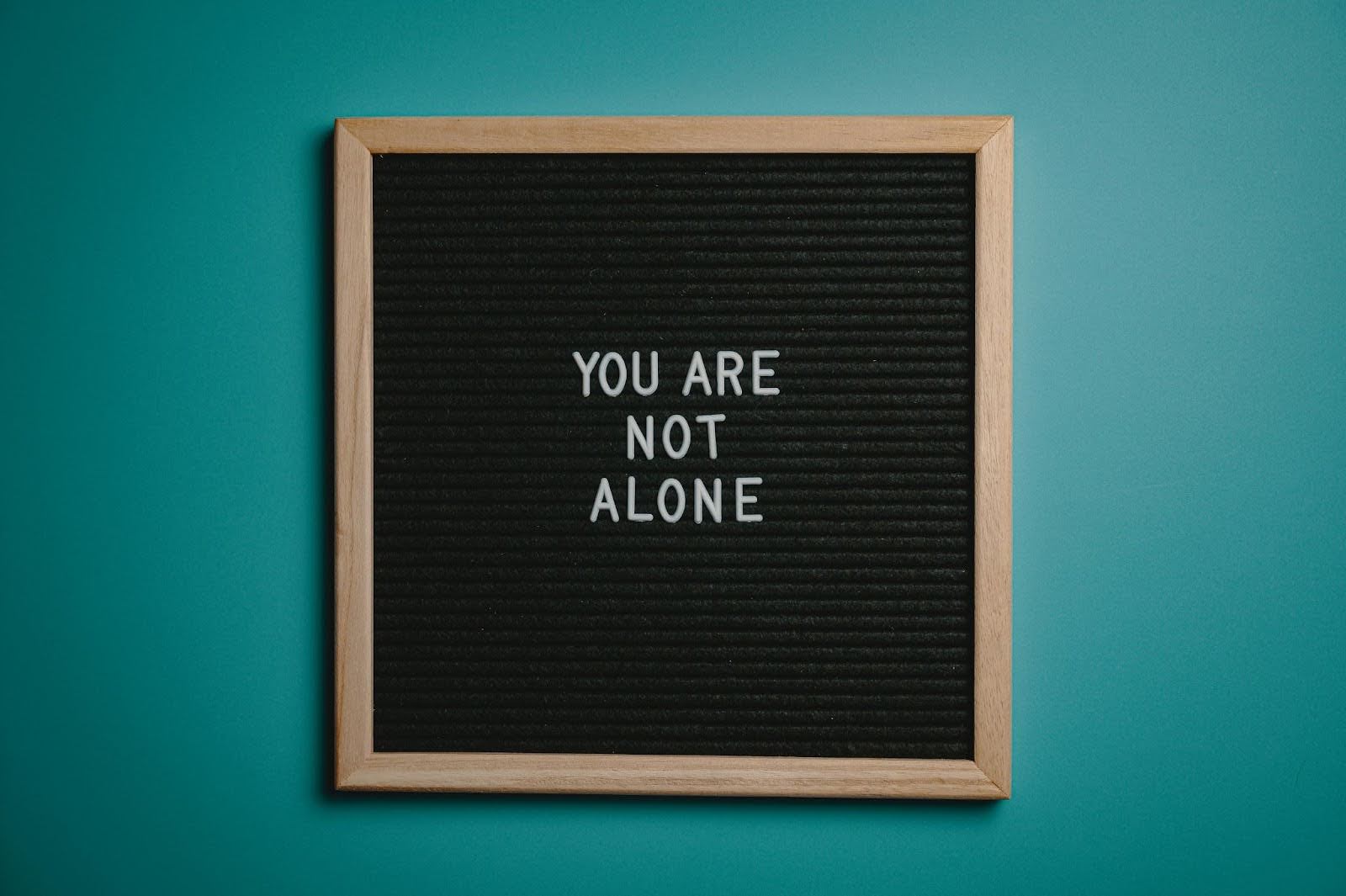Mental Health Awareness for African Migrant Workers in The Middle East
Published on by FulusAfrica Team

Mental health issues among African migrant workers in the Middle East are prevalent but often overlooked.
If you're an African working in the Middle East, you may be familiar with mental health struggles like loneliness, chronic stress, anxiety, depression, and homesickness.
From the Gulf to Kenya: A Guide to Managing Finances During Your Return
Returning from the Gulf to Kenya Discover a comprehensive guide to managing your finances budgeting and planning for a smooth transition home
Read More →In many cases these feelings are manageable, but in some extreme cases, individuals report feeling disempowered, being unable to take care of themselves and having suicidal ideation.
These feelings are exacerbated by the emotional strain of being away from family, abusive employers, and the systemic issues of the Kafala sponsorship system, racism, classism, and sexism.
Dehumanising experiences such as being denied food or time to speak to relatives and being overworked can also leave victims feeling isolated and traumatised.
Unchecked mental health issues can significantly affect your quality of life, ruin your relationship with your employer, family and friends, and cause burnout.
According to a 2020 report by the International Labour Organization (ILO), over 50% of migrant workers in the Middle East experience anxiety, loneliness, depression, acute stress and in extreme cases full mental breakdowns.
Unfortunately, living and working in a foreign country often means migrants lack a reliable support system, leaving them to deal with everything alone.
How To Deal With Financial Anxiety.
Learn practical strategies to deal with financial anxiety and reduce moneyrelated stress Take control of your finances and improve your mental wellbeing
Read More →For African migrants, particularly domestic workers, the challenges are compounded by cultural, social, and systemic barriers that can have a serious impact on mental health. This is not to say that the Middle East is not a conducive place to work, but rather that mental health issues remain unchecked for many Africans.
How to Recognize Mental Distress
Since mental health is often a taboo topic in many African households and the Middle East, many migrants struggle to recognise mental health issues, often accepting them as a normal part of life.
Long hours, lack of personal freedom, and isolation can cause feelings of disconnection. So how can you notice if your mental health is declining? Below are some signs of mental distress to watch out for include:
-
Chronic Stress and Anxiety. Constant worry about work or family back home, difficulty sleeping, and feelings of dread are common indicators.
-
Depression. Prolonged sadness, hopelessness, and a lack of interest in daily activities.
-
Feelings of Loneliness. Being physically and emotionally separated from loved ones intensifies the sense of isolation.
-
Irritability. Frequent emotional outbursts or frustration due to mistreatment and dehumanization.
-
Burnout. Overworking can lead to physical and emotional exhaustion, making it hard to find joy in life.
How To Cope with Poor Mental Health
Unfortunately, for many Africans leaving is not an option. The job you are doing might be the lifeline for your family and of course, there is the contract. Luckily, African migrant workers can take steps to protect their mental health.
Personal Finance for Africans Living and Working in the Middle East: Saving and Budgeting
Essential personal finance tips for Africans living in the Middle East Discover practical advice on saving budgeting and building financial security abroad
Read More →-
Build a Support Network
Connecting with others who understand your experiences—whether through online communities, coworkers, or religious groups—can provide emotional relief and help reduce isolation. Try to make friends that you can meet with or talk to about your experience. Additionally, let your family know if you are facing a hard time, sometimes a simple call from a loved one can make the difference between a bad and a good day.
-
Practice Self-Care
Daily practices like praying, deep breathing, exercise or even walking can help reduce stress. Try to do things that make you happy even if it's just listening to music and making a TikTok Video. Small acts of self-care make a big difference in your emotional well-being.
-
Understand Your Rights
Learn about your rights as a worker and set boundaries with employers to protect yourself from exploitation and mistreatment. And most importantly ensure that you have access to the agency, embassy, and any other organisation or person who can assist you in case of anything.
-
Stay Connected with Family
Maintaining regular communication with loved ones back home—through calls, video chats, or messages—can alleviate guilt and loneliness, reminding you of your purpose. Remember to schedule regular calls to make sure you keep in touch with family and receive regular encouragement.
-
Stay Physically Active
All work and no play makes Jack a dull boy. Try as much as possible to add exercise to your daily routine since it's a great stress reliever. Even with a busy schedule, finding time for physical activity, like short walks, playing with kids or simple exercises, can elevate your mood and relieve feelings of exhaustion.
The Importance of Mental Health Awareness
The life of an African migrant worker in Saudi Arabia is full of challenges, but it’s also filled with resilience and hope. Acknowledging and addressing mental health struggles is crucial in empowering workers to take control of their emotional well-being.
If you or someone you know is facing mental health challenges while working abroad, remember you are not alone.
To learn more about mental health and become part of a support group, you can join our Facebook community.
Understanding Black Tax: A Financial Burden or a Way of Life?
Explore the concept of Black Tax its impact on financial planning cultural significance and whether its a burden or a meaningful way of life in African communities
Read More →
No comments yet.